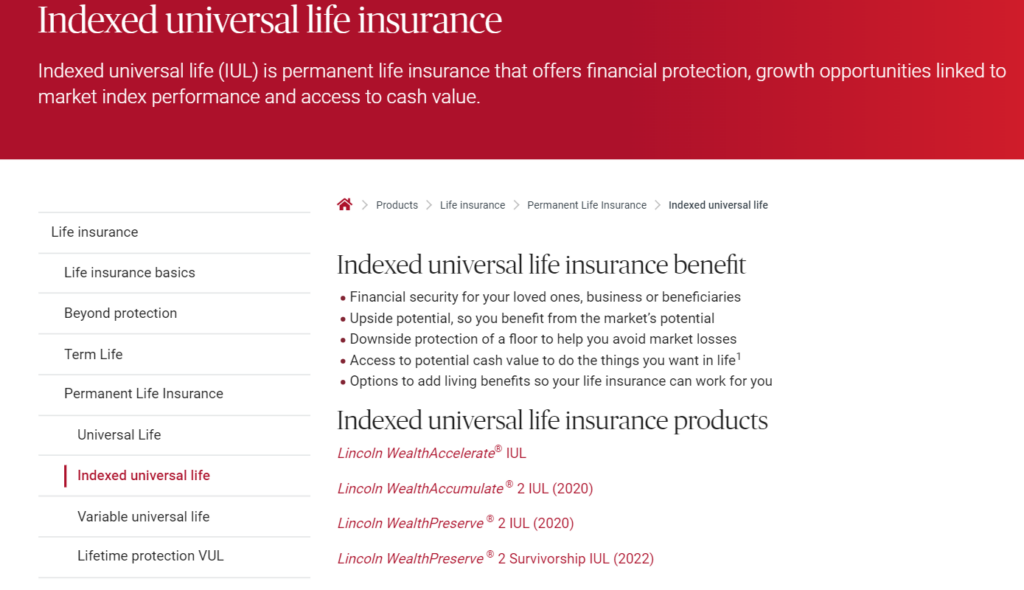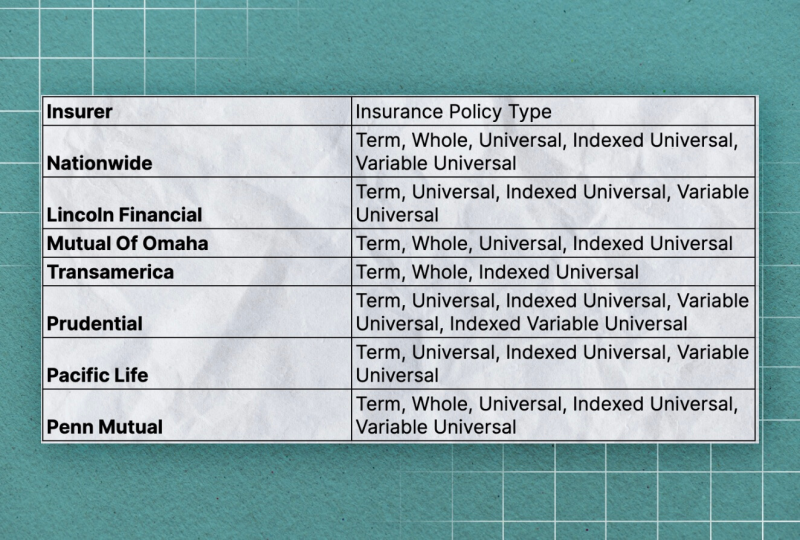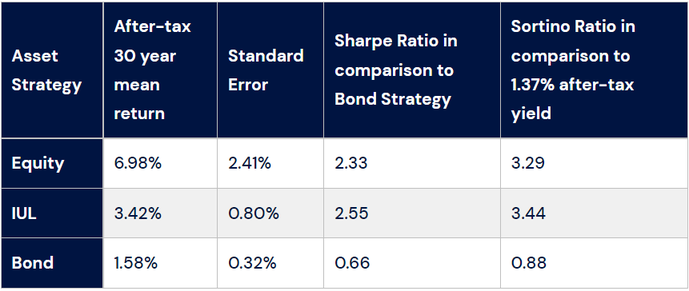All Categories
Featured
Table of Contents
Do they compare the IUL to something like the Vanguard Overall Supply Market Fund Admiral Shares with no lots, an expense proportion (ER) of 5 basis points, a turn over ratio of 4.3%, and a phenomenal tax-efficient document of circulations? No, they contrast it to some awful proactively taken care of fund with an 8% load, a 2% EMERGENCY ROOM, an 80% turn over proportion, and a terrible document of temporary capital gain circulations.
Mutual funds commonly make annual taxed distributions to fund proprietors, even when the worth of their fund has decreased in value. Common funds not just require earnings reporting (and the resulting annual taxes) when the common fund is rising in worth, but can additionally impose revenue tax obligations in a year when the fund has actually gone down in value.
You can tax-manage the fund, gathering losses and gains in order to lessen taxable distributions to the financiers, but that isn't somehow going to alter the reported return of the fund. The ownership of shared funds might call for the mutual fund proprietor to pay approximated taxes (iul vs 401k calculator).

IULs are very easy to place so that, at the owner's fatality, the beneficiary is exempt to either revenue or estate taxes. The exact same tax decrease techniques do not function almost as well with shared funds. There are numerous, often expensive, tax obligation traps related to the moment purchasing and marketing of mutual fund shares, traps that do not put on indexed life insurance policy.
Chances aren't very high that you're mosting likely to go through the AMT due to your shared fund distributions if you aren't without them. The remainder of this one is half-truths at ideal. For example, while it holds true that there is no income tax due to your successors when they inherit the proceeds of your IUL policy, it is also real that there is no income tax obligation as a result of your heirs when they acquire a mutual fund in a taxable account from you.
Universal Life University
There are much better means to prevent estate tax obligation issues than purchasing financial investments with low returns. Mutual funds might trigger earnings taxation of Social Security advantages.

The growth within the IUL is tax-deferred and may be taken as tax obligation free income by means of lendings. The policy proprietor (vs. the shared fund supervisor) is in control of his/her reportable earnings, therefore enabling them to reduce or perhaps remove the taxes of their Social Safety benefits. This is great.
Below's another minimal issue. It's real if you buy a mutual fund for say $10 per share prior to the circulation date, and it disperses a $0.50 circulation, you are after that going to owe tax obligations (probably 7-10 cents per share) despite the truth that you have not yet had any gains.
In the end, it's actually regarding the after-tax return, not how much you pay in taxes. You're additionally possibly going to have even more cash after paying those tax obligations. The record-keeping requirements for possessing mutual funds are considerably more complicated.
With an IUL, one's documents are maintained by the insurance business, copies of yearly declarations are mailed to the owner, and circulations (if any kind of) are amounted to and reported at year end. This is additionally sort of silly. Of training course you should maintain your tax documents in situation of an audit.
Universal Life Insurance Cost
Barely a factor to buy life insurance policy. Common funds are typically component of a decedent's probated estate.
On top of that, they undergo the hold-ups and expenses of probate. The earnings of the IUL plan, on the other hand, is always a non-probate distribution that passes beyond probate straight to one's called recipients, and is for that reason not subject to one's posthumous creditors, unwanted public disclosure, or similar delays and costs.
We covered this under # 7, but simply to recap, if you have a taxable common fund account, you need to put it in a revocable trust fund (or perhaps simpler, make use of the Transfer on Death designation) in order to stay clear of probate. Medicaid incompetency and life time earnings. An IUL can provide their proprietors with a stream of revenue for their whole lifetime, despite just how lengthy they live.

This is beneficial when organizing one's affairs, and converting properties to earnings prior to an assisted living facility arrest. Common funds can not be converted in a similar way, and are generally taken into consideration countable Medicaid possessions. This is another silly one advocating that inadequate people (you recognize, the ones who need Medicaid, a government program for the bad, to pay for their retirement home) must use IUL as opposed to mutual funds.
Iul Unleashed
And life insurance policy looks dreadful when contrasted fairly versus a retired life account. Second, people that have cash to buy IUL over and past their retirement accounts are going to have to be awful at taking care of cash in order to ever before certify for Medicaid to pay for their nursing home costs.
Persistent and incurable illness cyclist. All plans will certainly allow an owner's very easy accessibility to cash from their policy, typically forgoing any surrender charges when such people endure a serious health problem, require at-home care, or end up being constrained to a nursing home. Shared funds do not provide a similar waiver when contingent deferred sales fees still relate to a shared fund account whose owner requires to market some shares to fund the costs of such a remain.
The Difference Between Whole Life And Universal Life Insurance
You obtain to pay even more for that advantage (rider) with an insurance coverage policy. Indexed universal life insurance coverage provides fatality benefits to the recipients of the IUL owners, and neither the proprietor nor the recipient can ever shed money due to a down market.
I certainly don't require one after I reach economic self-reliance. Do I desire one? On average, a purchaser of life insurance pays for the true cost of the life insurance policy advantage, plus the expenses of the plan, plus the profits of the insurance company.
What Is Iu L
I'm not totally certain why Mr. Morais threw in the entire "you can not shed money" once more below as it was covered fairly well in # 1. He simply wished to duplicate the very best selling factor for these things I suppose. Once more, you do not lose small bucks, yet you can lose real bucks, along with face major opportunity price due to reduced returns.

An indexed universal life insurance policy plan owner may exchange their policy for a completely various plan without triggering earnings taxes. A mutual fund proprietor can stagnate funds from one shared fund business to an additional without marketing his shares at the former (hence triggering a taxed event), and repurchasing new shares at the last, commonly subject to sales fees at both.
While it holds true that you can exchange one insurance plan for one more, the reason that people do this is that the initial one is such a dreadful plan that also after acquiring a brand-new one and going through the early, adverse return years, you'll still come out in advance. If they were offered the appropriate policy the very first time, they shouldn't have any type of desire to ever before trade it and experience the very early, negative return years once more.
Table of Contents
Latest Posts
Iul L
Best Iul Policies
Financial Foundation Iul
More
Latest Posts
Iul L
Best Iul Policies
Financial Foundation Iul